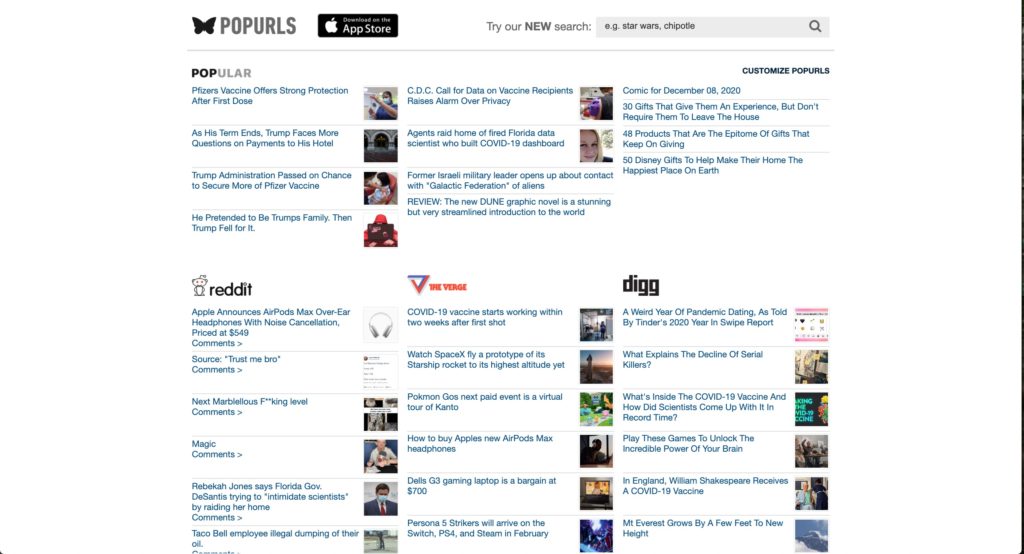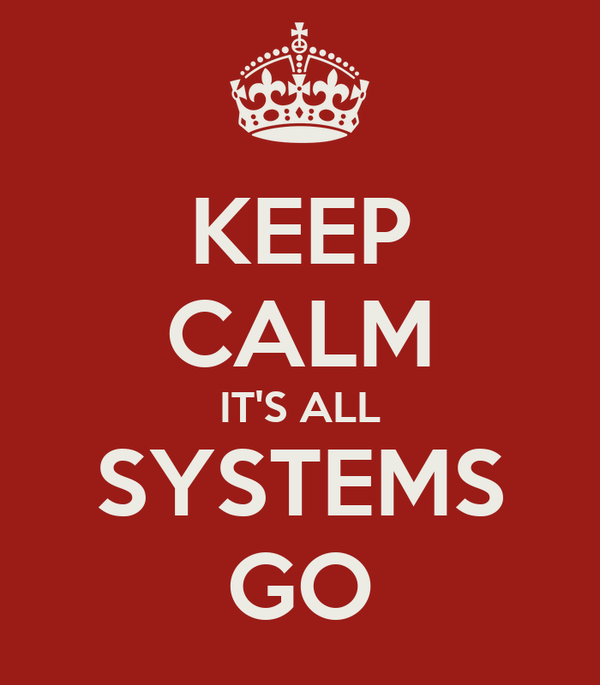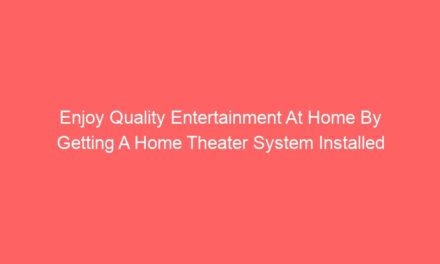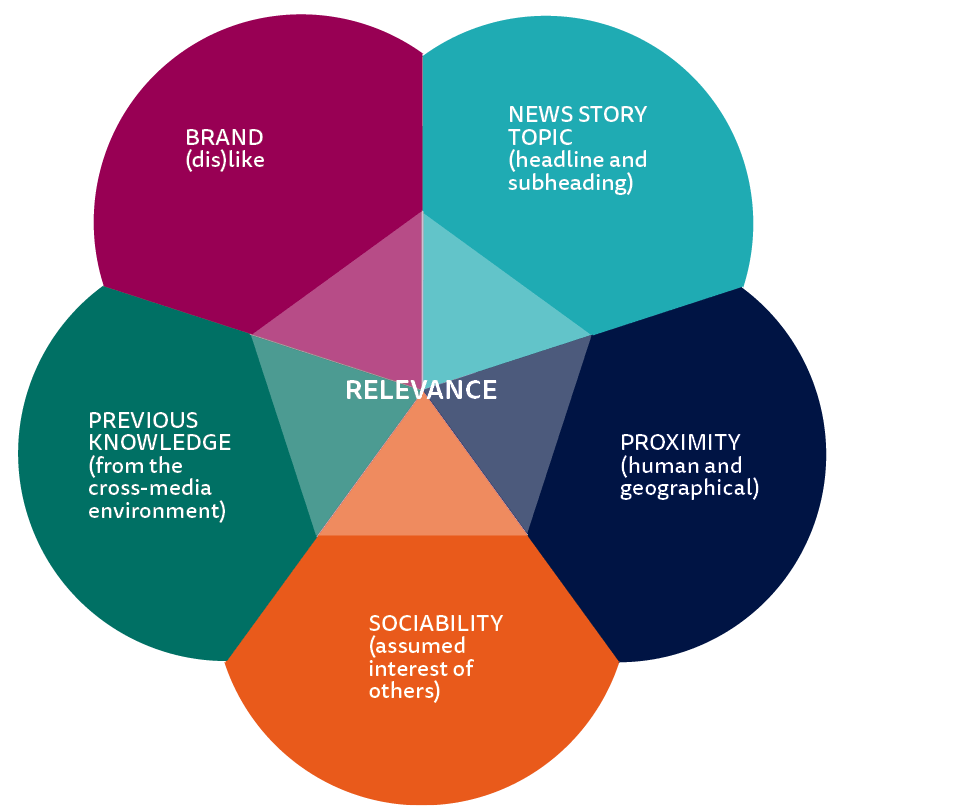[ad_1]
In a previous article I explained how “buyout” deals work. In case you missed that one, the simple explanation is that you get paid upfront to write a piece of music for a music library. The library then owns the publishing of the song and the only other time you get paid is when you get performance royalties if and when your song is placed. These types of deals tend to be more common for writers of instrumental “production” music than for vocal music.
Yet another variation of this kind of a deal is something known as an exclusive “partial buyout” deal. The way this works is that you get paid upfront to write a piece of music for a library and in addition to getting performance royalties you also get a percentage of any licensing fees the library is able to collect for the use of your music. Typically you get between 25 and 50 percent of licensing fees for these types of deals.
I personally think these deals are better deals for songwriters than full “buyout deals”. The upfront money is usually smaller for these types of deals, but if your music ends up being used frequently you stand to make much more money on the back end through licensing fees and royalties. The downside of signing these types of deals is that you give up your rights to pitch your tracks to other publishers and supervisors. The writers that I know who sign a lot of buyout deals are typically instrumental writers that sign a combination of both exclusive and non exclusive contracts. This way they are able to make some money upfront that they can rely on, while also retaining control over they portion of their catalog that they sign to other publishers and libraries on a non exclusive basis.
[ad_2]




